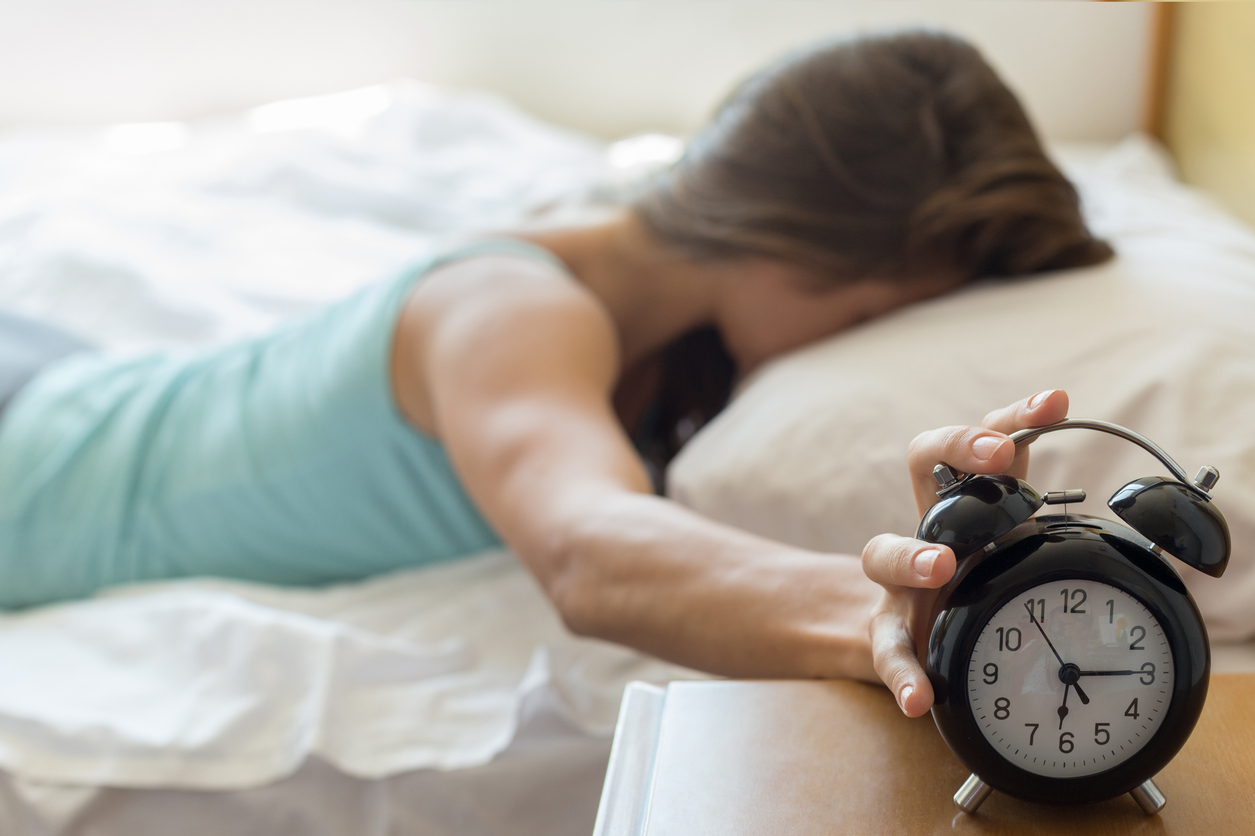Using Self-care As Preventative Medicine
So, what is all this talk about self-care on a regular basis? You’ve heard it, too, right? Is it the latest craze, a buzz word or a practice that supports a healthy lifestyle?
Though the volume has been turned up on emotional and mental self-care lately—perhaps a credit to the pandemic and other challenging events—it has been around for a long time. From prayer to yoga to Tai Chi to fad diets, self-care dominates our minds particularly in January and during difficult periods in life. It sometimes offers a narrow path out of the darkness, if not ways to cope while in it.
But here lately, self-care talk is not just about the dark days but about all days—using the concept as a preventative measure instead of a reactive one.
I like the sounds of this and here is why. Self-care has a positive influence on maintaining a healthy mind and with a healthy mind, life is easier to navigate.
As I think back over the years, I have always understood the importance of self-care on some level. As a young PR director at a Girl Scout Council, I remember announcing to the team that I was going home early to take some time for myself. Life was a bit of a circus, putting it mildly and I was the feature tight rope walker.
Yet I’ll never forget the eyeballs I got and the suggestions that our boss ought to put a stop to what was perceived as prima donna behaviour. And he might have, had he not understood a little about self-care. Bless him, I think he must have.
This was more than 35 years ago. And admittedly, for many years I would only take time to get the rest I needed just before breaking point. But after the loss of my mother in 2016, my anxiety and worry stepped up a notch, getting me an official diagnosis of generalised anxiety disorder.
Only then, did I truly come to understand the importance of daily self-care. Without it, it is easy to let one’s mental health go. And while there are ways to recover, as from a physical illness, it is far healthier to practice preventative medicine, if you will.
That for me often means several practices. For example, honouring a strict social media diet is at the top of my list. As much as I love connecting with friends and family, it doesn’t serve me to binge on social media. One thing for sure is that everybody else’s business and problems makes its way into the chatter box in my head, along with the bad news of the day and so on.
In rushes anxiety, robbing me of any sense of calm and of course, sleep, which is a great segue to another form of daily self-care. I have developed good sleep hygiene, as the experts call it, which is all about setting a routine, not only for what time to go to bed, but also the time to begin winding down, and what to include in my diet throughout the day, particularly if I have had a bout of insomnia.
Other daily practices I use include saying ‘no’ to asks that either disrespect my boundaries or trigger anxiety; taking a daily walk, even if it’s a bit gloomy outside and that happens often in London; admitting when I can’t take on someone else’s problems because I don’t have the bandwidth to deal with them; and practicing mindfulness throughout the day, if only for a few minutes to focus on what I am grateful for.
Gosh, it sounds so selfish, or does it? On the surface it might, but underneath self-care has a dominant element of selflessness. As one expert puts it, self-care is as much for loved ones as it is individuals. It simply makes us better, healthier people, which enables us to show up for ourselves and for others, not only during the best of times but also in the worst of times.
Considering what self-care is all about, I, for one, am hopeful that more of us will infuse it into our daily lives as we do other remedies that nourish us and act as preventative medicine, if you will. After all, good health is the key to better living.
For more information on practicing self-care to manage anxiety, check out UIO podcasts On Social Anxiety with Claire Eastham and On Undiagnosed Mental Illness with Eleanor Mandelstam (formerly Segall). To learn more about getting good sleep, listen to On Sleep with Dr Nerina Ramlakhan and for more insight on setting and honouring boundaries, check out On Girls Rights with Lindsey Turnbull.
Our podcasts offer great tips and timeless advice on many contemporary issues. Thank you for listening!





